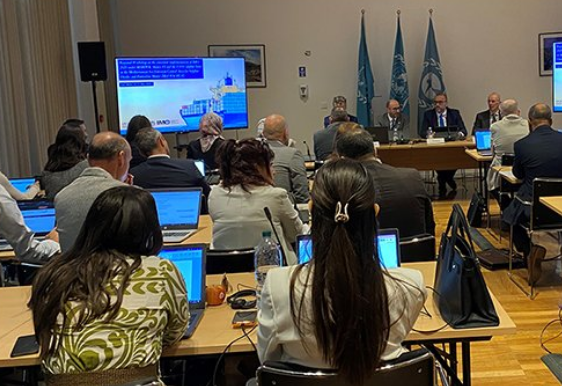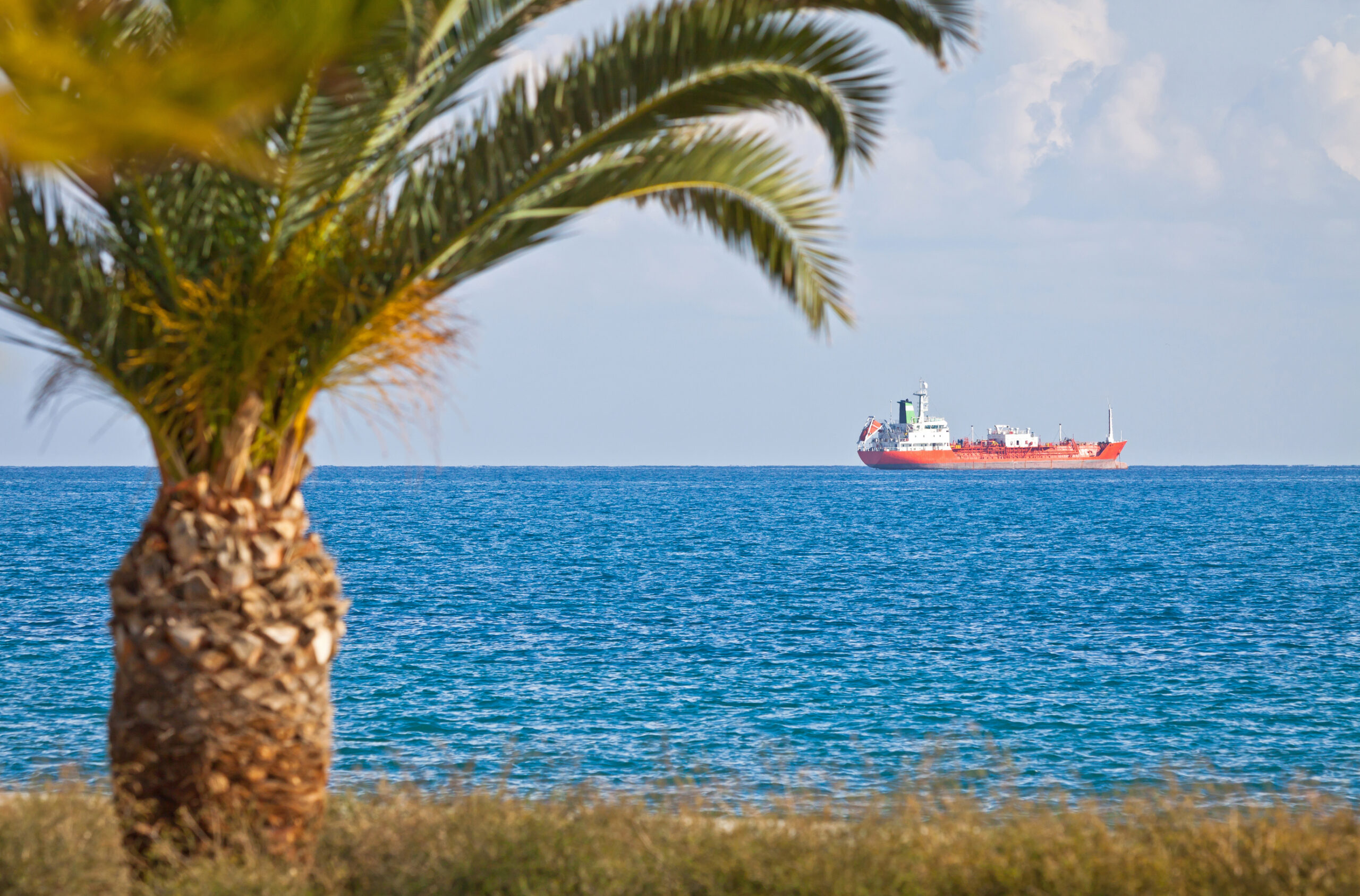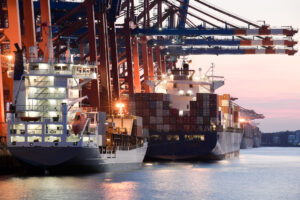
States in the Mediterranean Sea are preparing to implement, in 2025, global laws which will require ships plying the Sea to meet stringent requirements to limit harmful pollution by sulphur oxides (SOx).
The Mediterranean Sea is home to some of the busiest maritime routes in the world, supporting 20% of seaborne trade.
It is estimated that 24% of the global fleet of ships and more than 17% of worldwide cruises ply the Mediterranean Sea.
To support the implementation of the new cleaner air rules, some 30 participants representing authorities and organizations responsible for the regulation of shipping in the Mediterranean, as well as authorities in charge of issues related to the marine environment, attended on May 22-23 a regional workshop, held at the Regional Marine Pollution Emergency Response Centre for the Mediterranean Sea (REMPEC), in Malta.
The workshop focused on familiarization with the requirements for air pollution prevention and promotion of energy efficiency under Annex VI to the International Convention for the Prevention of Pollution from Ships (MARPOL), including the 0.10% sulphur limit in the Mediterranean Sea Emission Control Area for Sulphur Oxides and Particulate Matter (Med SOx ECA).
From 1 May 2025, ships operating in the Med SOx ECA are required to comply with a limit for sulphur content in fuel oil that is a fifth of the legal limit outside this area (0.10 per cent mass by mass (m/m), compared with 0.50 per cent m/m allowed outside the Med SOx ECA).
Participants had the opportunity to exchange best practices, including lessons learned from other Emission Control Areas (ECAs) that have been established by IMO, including the Baltic Sea area and the North Sea area.
The workshop was organized and hosted by the Regional Marine Pollution Emergency Response Centre for the Mediterranean Sea (REMPEC) and co-financed through IMO’s Integrated Technical Cooperation Programme (ITCP) and the Mediterranean Trust Fund (MTF).



